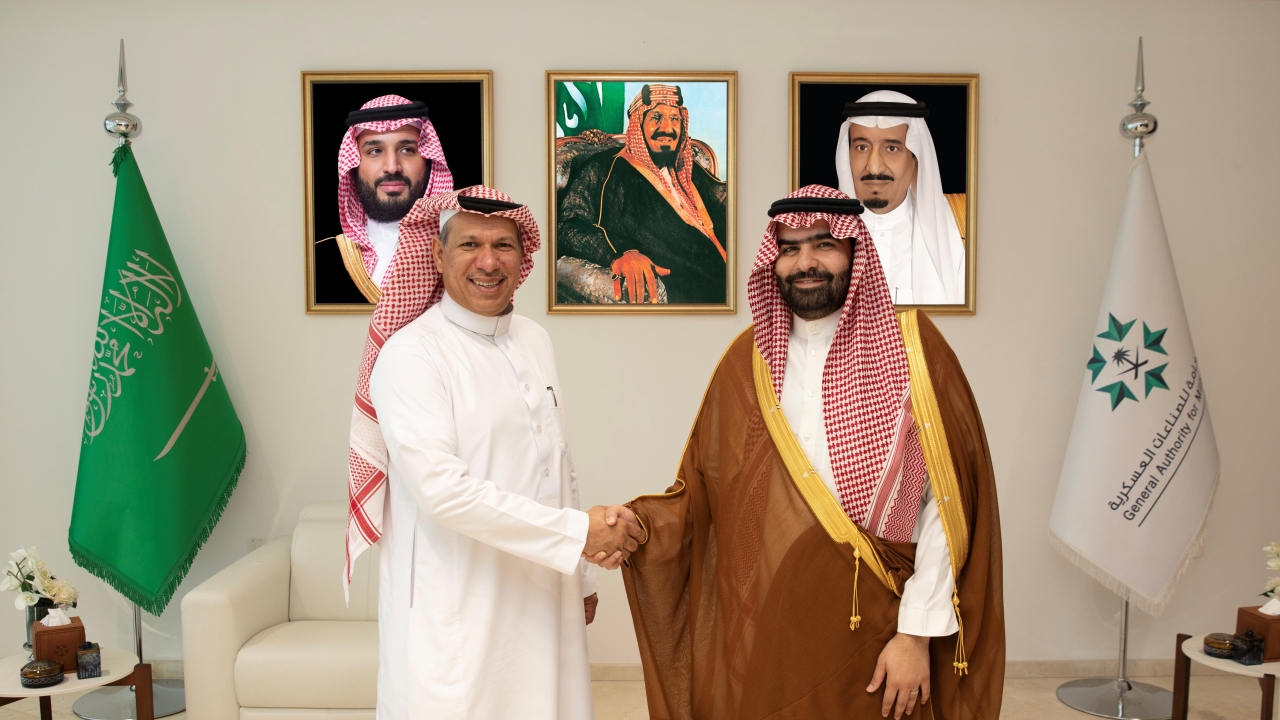Apachework...
The US State Department has approved the sale of 10 Boeing AH-64E Apache Guardian attack helicopters to Egypt. Meanwhile, Qatar’s first aircraft of the type were delivered on March 21. Jon Lake reports.

The Qatar aircraft were transported to Al Udeid Airbase on board a US Air Force Boeing C-17A Globemaster transport aircraft.
The delivery came a week after a formal handover ceremony at Boeing’s production facility at Mesa, Arizona.
The Government of Qatar originally signed a $667 million contract for the supply of 24 AH-64Es with associated weapons, equipment, support and training for 70 pilots and 100 ground crew in July 2016, after initially selecting the type in 2014.
One Longbow radar crew trainer will also be provided, in addition to the aircraft. An option for an additional 24 Apaches has not yet been exercised.
The AH-64E Apache Guardian, which will be known locally as the Brimstone, has been in service with the US Army since 2013. Previously known as the AH-64D Block III, the AH-64E is powered by more powerful T700-GE-701D engines.
It has an upgraded face gear transmission to exploit the extra power, while new composite main rotor blades increase cruise speed, climb rate, and payload capability. The new model features improved digital connectivity, including the joint tactical information distribution system datalink, and can control unmanned aerial vehicles (UAVs).
The Qatari aircraft wear an unusual but attractive two-tone desert camouflage rather than the olive drab colours worn by US and other operators’ Apaches.
At the ceremonial handover on March 14, which was attended by Qatar’s Deputy Prime Minister and Minister of State for Defence Affairs, Khalid bin Mohamed Al Attiyah, the aircraft was fitted with its mast-mounted Longbow targeting radar, which had not previously been seen on the Qatari Apaches during flight-testing.
The US Army has contracted Boeing to support Qatar’s AH-64E Apache Guardian attack helicopters, commissioning maintenance augmentation team services for the Qatari Apache fleet. Work will be performed in Mesa, Arizona, under the $49.2 million contract, which will run until July 31 2024.
The Apache Guardian has also been procured by the Royal Saudi Land Forces and Saudi Arabian National Guard and by the UAE, which will purchase nine new-build AH-64Es and remanufacture 28 AH-64Ds to the same standard.
• The Egypt sale announcement was made by the US Defense Security Cooperation Agency (DSCA) in November.
The Apache Guardian offers improved digital connectivity, with the joint tactical information distribution system, and the new variant is also able to control unmanned aerial vehicles (UAVs).
The aircraft is both a new-build configuration and an upgrade option for existing AH-64Ds.
The 10 aircraft for Egypt will be new-build, but it is probable that the country’s existing fleet of about 45 AH-64Ds will eventually be upgraded to the same standards. The Egyptian Air Force placed an order for 36 AH-64A helicopters in 1995, and these were remanufactured to the AH-64D configuration under a contract signed in 2000, although they were supplied without Longbow radar. Egypt requested a further 12 AH-64D Block II Apaches with Longbow radars through a foreign military sale (FMS) in 2009.
The proposed sale to Egypt was valued at an estimated $1 billion by the DSCA when it notified Congress. It revealed that the aircraft would be supplied with 24 engines (including four spares), 12 modernised target acquisition and designation sights/pilot night vision systems (M-TADS/PNVS), as well as 135 AGM-114 Hellfire missiles, communications and electronic equipment, spares, training, and US Government and contractor services.
Congress was told that the proposed sale would contribute to US foreign policy and national security by helping to improve the security of a strategic partner, and that it would not alter the basic military balance in the region.
By expanding its fleet of multi-mission heavy attack helicopters, Egypt will be better able to counter terrorist activities emanating from the Sinai Peninsula that undermine regional stability, while also facilitating greater interoperability between Egypt, the US, and other allies.
Stay up to date
Subscribe to the free Times Aerospace newsletter and receive the latest content every week. We'll never share your email address.

